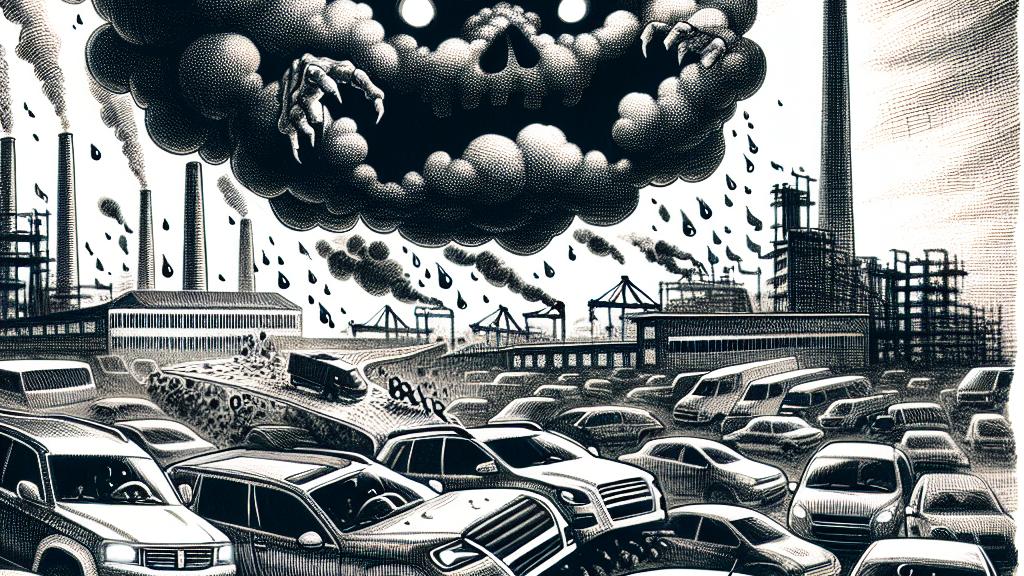Concerns Rise Among European Automakers Over Possible Fines Amidst Declining EV Demand
Overview
- European car manufacturers find themselves in a precarious situation as massive fines loom due to tightening emissions regulations.
- The significant drop in electric vehicle (EV) sales threatens to cost the industry up to €15 billion in penalties, stirring widespread anxiety.
- With new EU standards on the horizon, there's an urgent call for policy adjustments to help navigate this challenging transition.

A Crisis in the Automotive Sector
In Europe, the air is thick with tension as leading automakers grapple with the specter of exorbitant fines. Stricter EU emissions regulations, set to kick in next year, require a dramatic reduction in carbon output to 93.6 grams of CO2 per kilometer. Companies like Renault are sounding alarms; their CEO has warned that if current electric vehicle sales don't improve, the industry could face penalties soaring to €15 billion ($16.5 billion). This looming financial threat is no small matter, especially as manufacturers understand that these fines could directly impact their bottom line and long-term sustainability.
Navigating the Bumpy Road to Electrification
Transitioning to electric vehicles is no easy feat for these car giants. This year, only 12.6% of new car sales in Europe were electric—a worrying decline. Factors like soaring production costs, a sluggish rollout of charging infrastructure, and fierce competition from emerging players create a perfect storm. Imagine companies like Volkswagen, once at the forefront of EV innovation, now redirecting resources back to their profitable internal combustion models. With the landscape shifting rapidly, it's evident that without significant investments in EV technology and infrastructure, these manufacturers are at risk of lagging behind in an increasingly competitive market.
An Urgent Plea for Policy Support
Faced with imminent challenges, the European Automobile Manufacturers' Association (ACEA) is urgently advocating for policy changes that provide immediate support to the automotive sector. They argue that without thoughtful adjustments to existing regulations, the fallout could be catastrophic: job losses, factory shutdowns, and a significant setback in the push towards electrification. While the European Commission claims there's still time for the industry to adapt, the clock is ticking, and uncertainty casts a long shadow over the future of European carmakers. It’s clear that without a collaborative approach, both the environment and the economy could suffer dire consequences.

Loading...